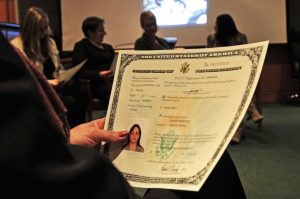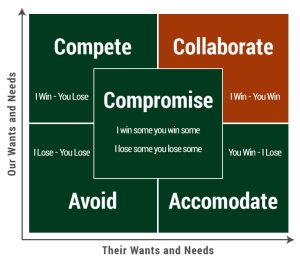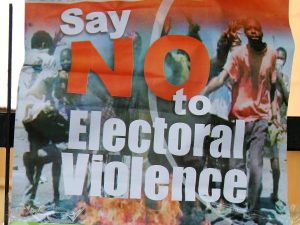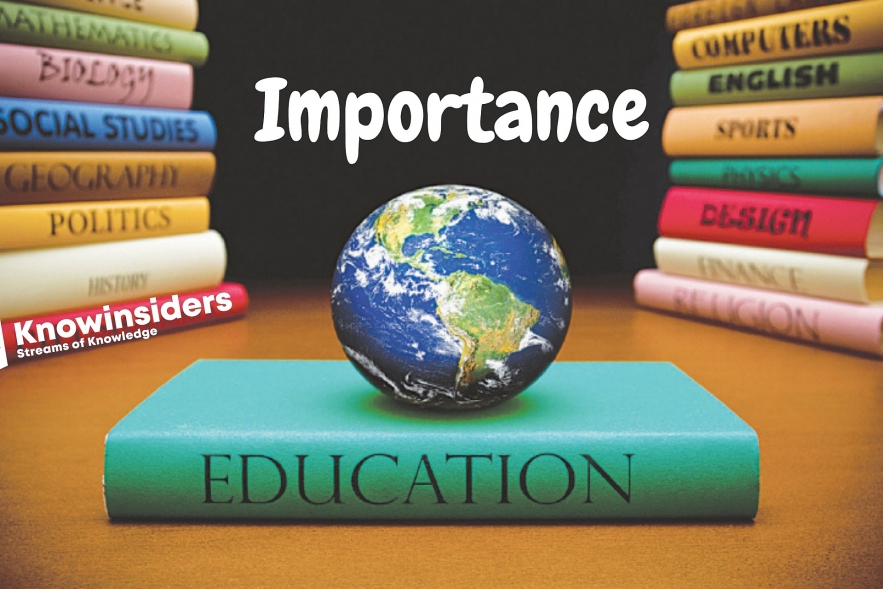
Education
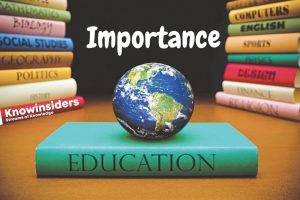
In a broad sense, education is the process by which individual acquires the many physical and social capabilities demanded of him by the group into which is born and within which he must function.
The definition of education can be seen as a form of socialization. Socialization is the process whereby people’s culture are learned. Each individual learn the roles and norms expected of him to play within a group or society.
Education is also process whereby one develope knowledge, skills, ability, learn character especially through various method of education.
In ancient Greece, the cradle of western scholarship, education was a highly functional search-light beamed on the society. Reason crystallized as philosophy and institutions were centered around intellectuals like Socrates, Plato and Aristotle. Thought oscillated between nature and essence, mind and matter, ethics and socio-political forms.
Education can be seen in the medieval period of which there is rebirth of the enlightenment traced within the Renaissance of 15th and 16th centuries.
There are various methods of education, which can be seen below;
INFORMAL EDUCATION
Informal education is the type of education where individuals recieves from their parents, family members, local government and community.
This type of education enable the individual acquires knowledge of history, custom fables, tradition, songs, proverbs, legend etc in the society.
It also enable individual to have critical knowledge on warfare, agriculture, and trading techniques which sustain the society for centuries.
Through informal education, individual acquires skills and occupations which enable him to contribute to quota development of her community and country at large.
In informal education the children have different roles of play as a result of acquiring from their parents and relatives in whatever vocation they engage themselves in.
Example, the boys acquires knowledge of their fathers’ occupation such as farming, carving, blacksmithing, hunting and divination while the girls acquires skills from their mother such as trading, cooking, child cares etc.
NON-FORMAL EDUCATION
Non-formal education is often seen as organised educational activities outside the framework of the formal school which is designed to provide selected types of learning to a particular groups in population.
These type of education is often seen within adult.
Examples of this non-formal education which includes education and training programmes of trade unions, industries, professional association, the activities of government, the church, press , legal bodies etc.
Non-formal education also includes, technical and vocational training, basic education, family planning and community development.
This method of training takes many forms such as short courses, on job training, carpentry, mechanic, tailoring, welding, photography etc.
FORMAL EDUCATION
Formal education is still classify as western education (European).
This type of education organized andiand acquired inain formal setting such as schools, colleges, polythenics and universities which are set by government, individual and organisation and are regulated by governmental organization such as ministry of education.
For effective standard for formal education, it includes admission, building facilities, entry qualifications, curriculum, qualifications of conditioner services of teaching and non-teaching staff are regulated by laws and legislation enacted by the legislation.
In conclusion, every society, whether ancient or modern, has it own ways of education through which children, youths and adults assimilate or acquires knowledge for their ultimate benefits of the society.
For instance, in Greece educational system they emphasis on mental and physical well-being of an individual. Most know example are the Athens and Sparta of the ancient periods of which the acquired their education.
Also the Romans emphasised on oratoral and military training to citizens.
In pre-colonial Africa most especially Nigeria, education were all round embraced (both intellectual, vocational and military of an individual).
Hence, education is the basic key to knowledge which led to sustainable development to community and country at large.
